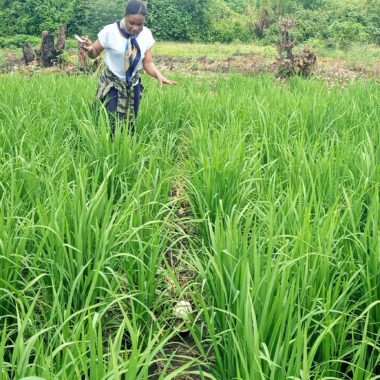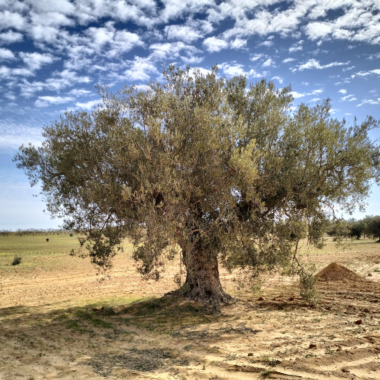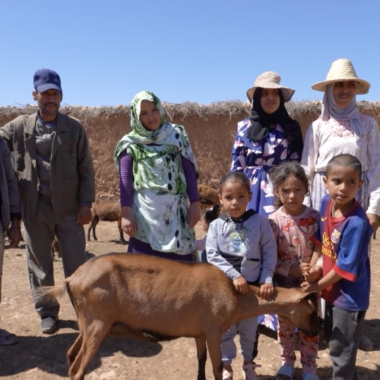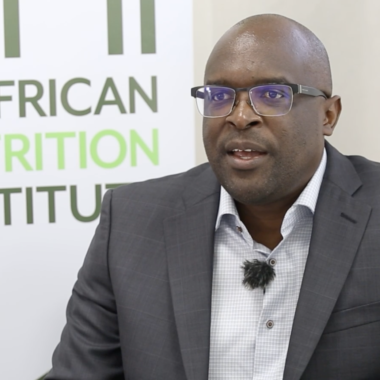Media Release
Gavin Sulewski
Editor
g.sulewski@apni.net
www.apni.net/media-center
Benguérir, Morocco — February 22, 2021 — Critical Actions for Sustainable Transformation. The African Plant Nutrition Institute (APNI) recently released its five-year strategic vision, clearly setting the direction for the newly established organization to apply its plant nutrition and agricultural systems expertise.
Over the next five-years, APNI is focused on its catalytic role in knowledge generation and dissemination. APNI is well positioned to develop fundamental and applied knowledge, know-how, and methodologies.
APNI’s strategy is centered on advances that are adapted to specific local conditions and crops, and are readily adoptable by farmers.
“With our core competence in plant nutrition research and development, we see a clear role for APNI to activate the fundamental changes needed for sustainable transformation of agricultural systems in Africa,” explained APNI Director General, Dr. Kaushik Majumdar.
APNI has identified three themes where major knowledge gaps are hampering progress in Africa:
1) Climate and Weather-Smart Plant Nutrition
2) Soil Health for Improved Livelihoods
3) Precision Nutrient Management
More specifically, within the theme of climate and weather-smart plant nutrition, APNI will explore the consequences of both slowly changing climate trends and the more frequent weather extremes on farming systems, and generate strategies on how farmers can adapt plant nutrient management practices to these novel conditions.
The soil health and improved livelihoods theme will explore the many unexploited opportunities to improve how plant nutrients can be managed within healthy agricultural systems and landscapes to sustain yields of more nutritious and better-quality crops.
Precision nutrient management research will provide African farmers with the capacity, information-management tools, the social and economic environment, and other resources required to provide better nutrition for crops.
“APNI’s research for development is geared at contextualizing nutrient management through a clear understanding of constraints,” said Majumdar. “Our Institute will communicate data, information and knowledge freely to support other institution’s efforts to build capacity and address the range of challenges faced.”
Majumdar is pleased that the five-year plan is enriched by a process that involved the collective expertise of scientists, educators, extension specialists and policy makers well rooted in the agricultural developmental issues in Africa.
“The organization’s research and development efforts will benefit from welcome opportunities to co-innovate with strategic partners from a wide range of agencies and businesses working together,” said Majumdar.
APNI was established in 2019 as a not-for-profit research and development organization. Its continental vision is currently delivered through its headquarters in Benguérir, Morocco, and its regional offices in Nairobi, Kenya; Yamoussoukro, Ivory Coast; and Settat, Morocco.
.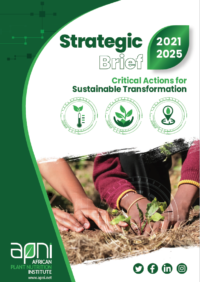
Learn more about APNI’s strategic vision.


